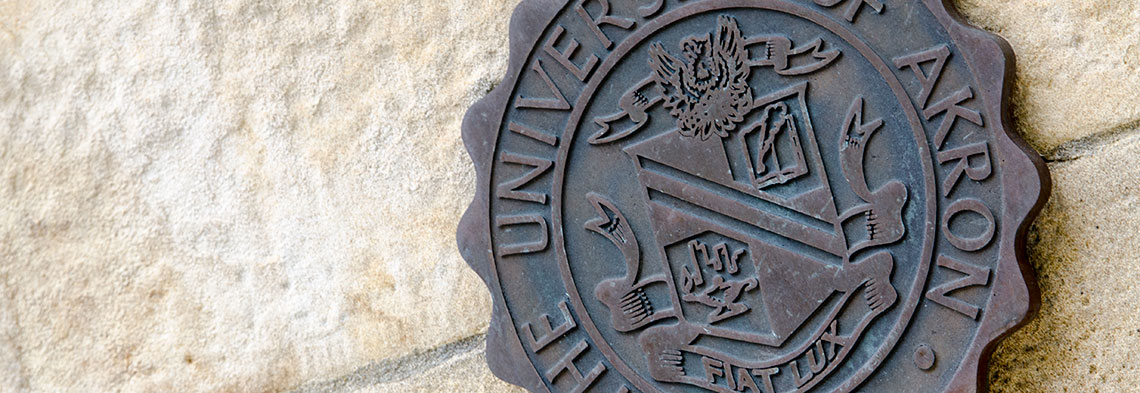Document Type
Article
Publication Date
January 1994
Abstract
Ten years ago, I wrote a review-Whither Miranda -of Liva Baker's book, Miranda: Crime, Law & Politics. In that article, I suggested that Miranda v. Arizona actually has had little impact on the day-to-day operations of the police or other investigative agencies. Interviews, questioning, and interrogations are conducted almost exactly as they had been before Miranda, except for the addition of warning cards in formal settings.
In addition, I argued Miranda's value as a legal precedent has been minimal. “Today, in almost all the cases involving admissions, the essential issue is voluntariness, the same issue stressed before Miranda. The only difference is a slight shift in the nature of the inquiry.” The pre-Miranda inquiry was whether the confession was voluntary-that is, knowing, intelligent, and noncoerced. The inquiry under Miranda, when warnings are required at all, is whether the waiver of rights is voluntary-that is, whether it was given freely, knowingly, and intelligently.
Before the trial court, both under the old and new standards, “the suspect would claim and the police would deny” that the confession or the waiver was coerced. The trier of fact “would resolve the questions of believability, usually in favor of the state.”
I did indicate in that article, however, that Miranda had a significant impact, but only as a symbol of the Warren Court's criminal justice “revolution.” As compared to complicated rules of search and seizure, for example, Miranda was relatively straightforward.
To police, civil libertarians, “law and order” politicians, judges, prosecutors, defense counsel, and then the press and the public, Miranda became the “culmination of a judicial philosophy” that challenged many of the premises of the criminal justice system and also the self-perceptions and external perceptions of the roles of police, counsel, and judges. Miranda has endured, I stated, because it “masks” changes that have lessened the constitutional protections of all of us as against the state.
Recently, I had the opportunity to attend a symposium on the Warren Court's “Criminal Justice Revolution” of the 1960s, and to participate in a discussion on the continuing impact of Miranda. At that symposium, Professor Joseph Grano attacked the Miranda decision as being unsupported by the Constitution. He also stated Miranda remains a real threat to law enforcement: “If we don't repudiate Miranda, someday somebody is going to take it seriously. One commentator has said it's time to ‘Mirandize Miranda.’ That means it's time to outlaw police interrogation. You will see a real effect on law enforcement if we go that far.”
Professor Grano and I worked together as prosecutors. His comments both prior to and during that symposium have made me review my experiences as an assistant district attorney and reassess the need for, as well as the impact, and significance of, Miranda.
Publication Title
Drake Law Review
First Page
127
Last Page
147
Recommended Citation
Martin H. Belsky, Living with Miranda: a reply to Professor Grano, 43 Drake Law Review 127 (1994).


